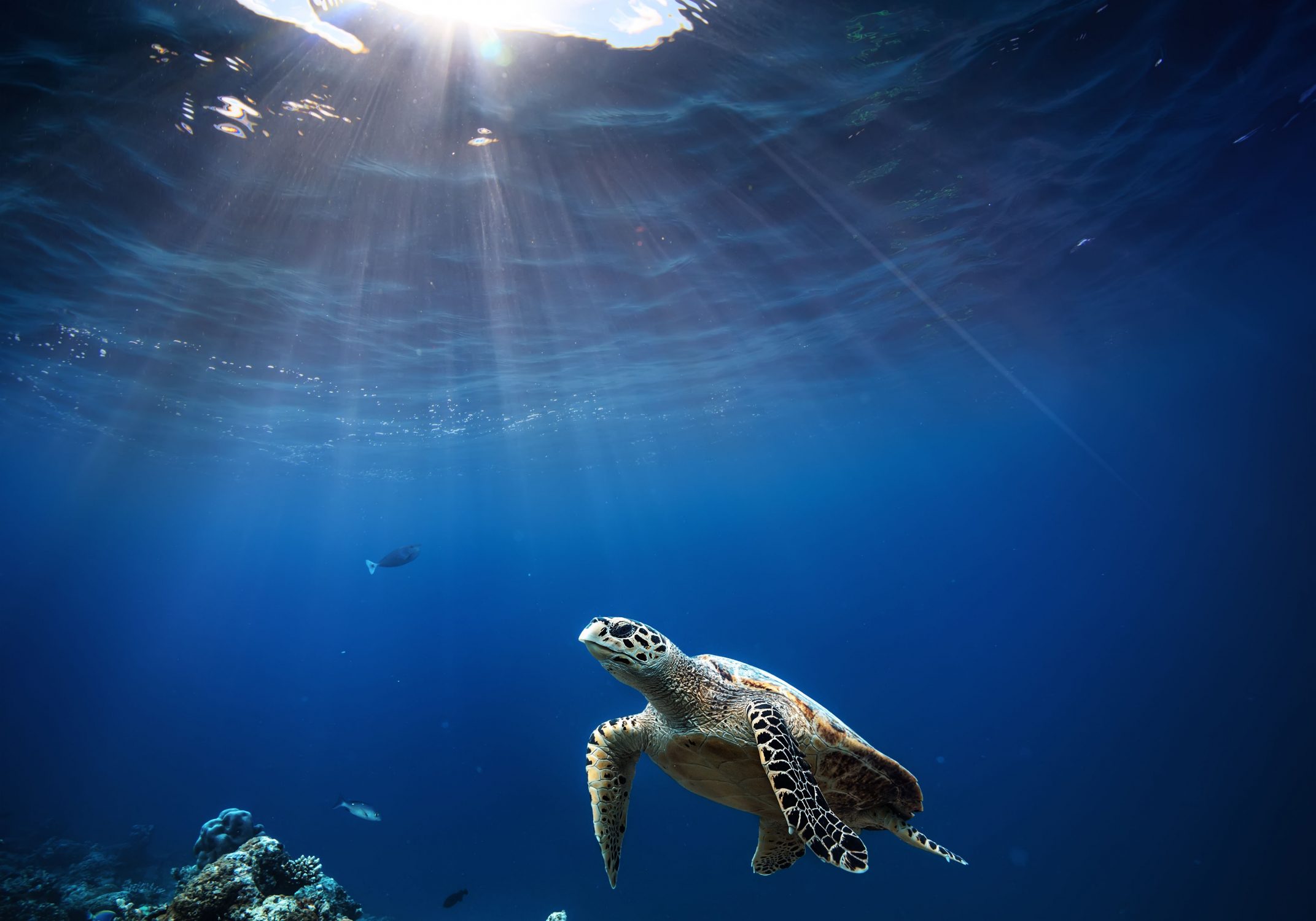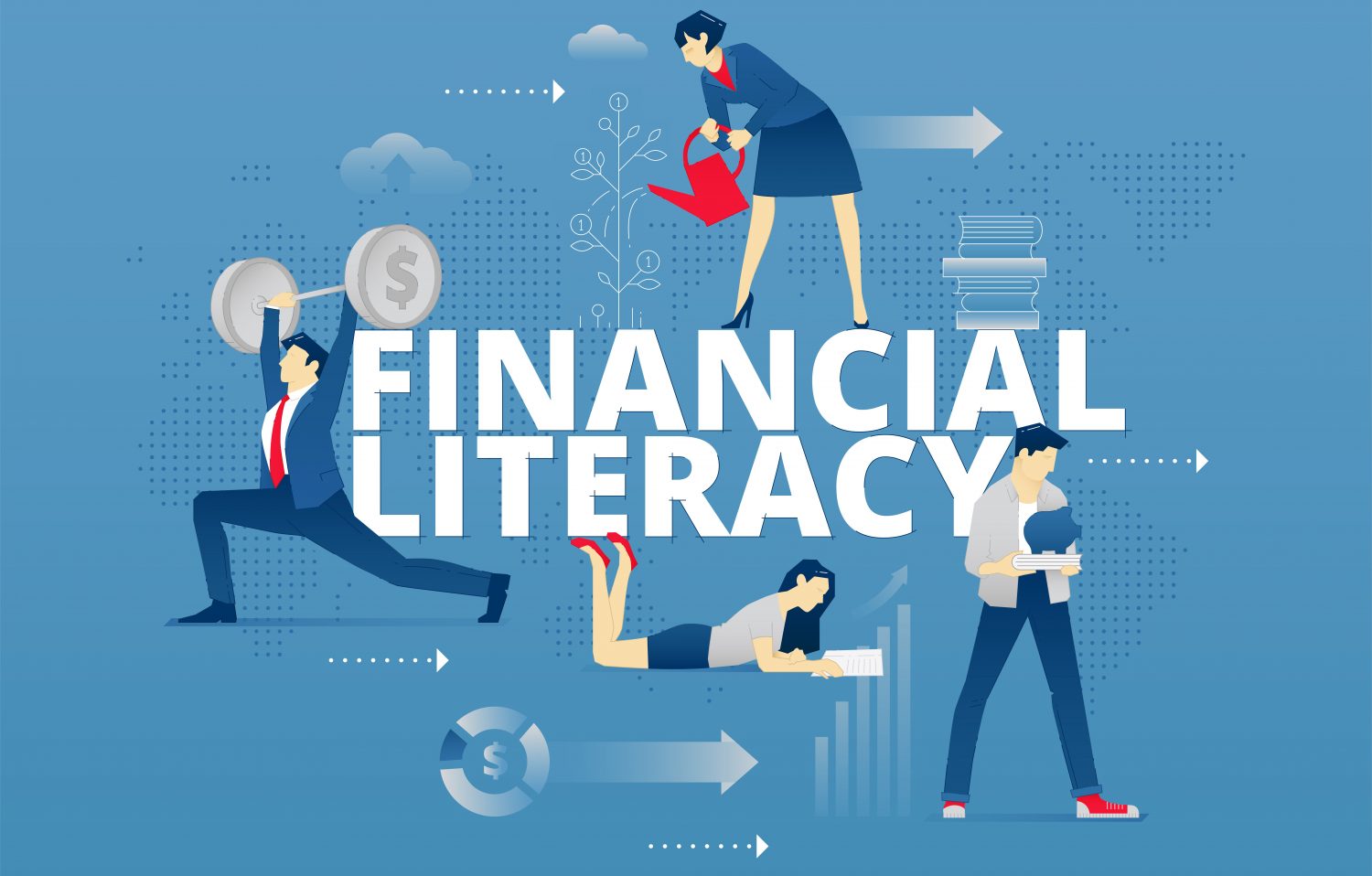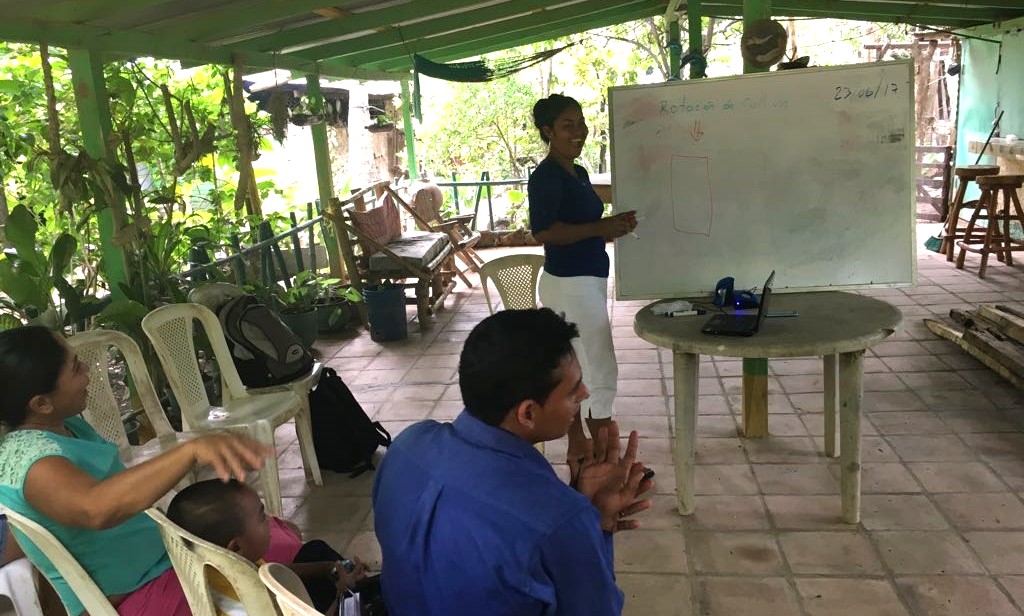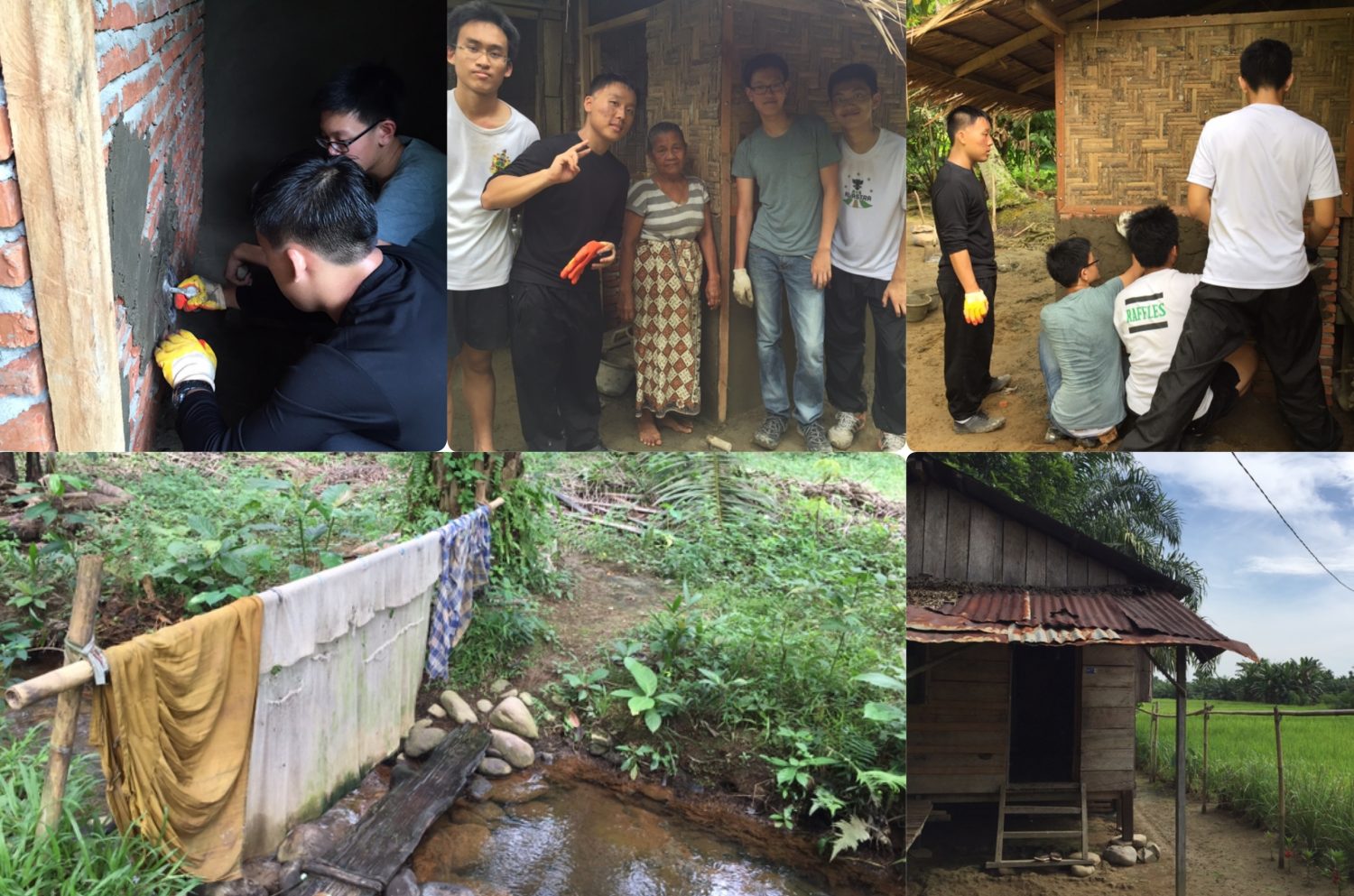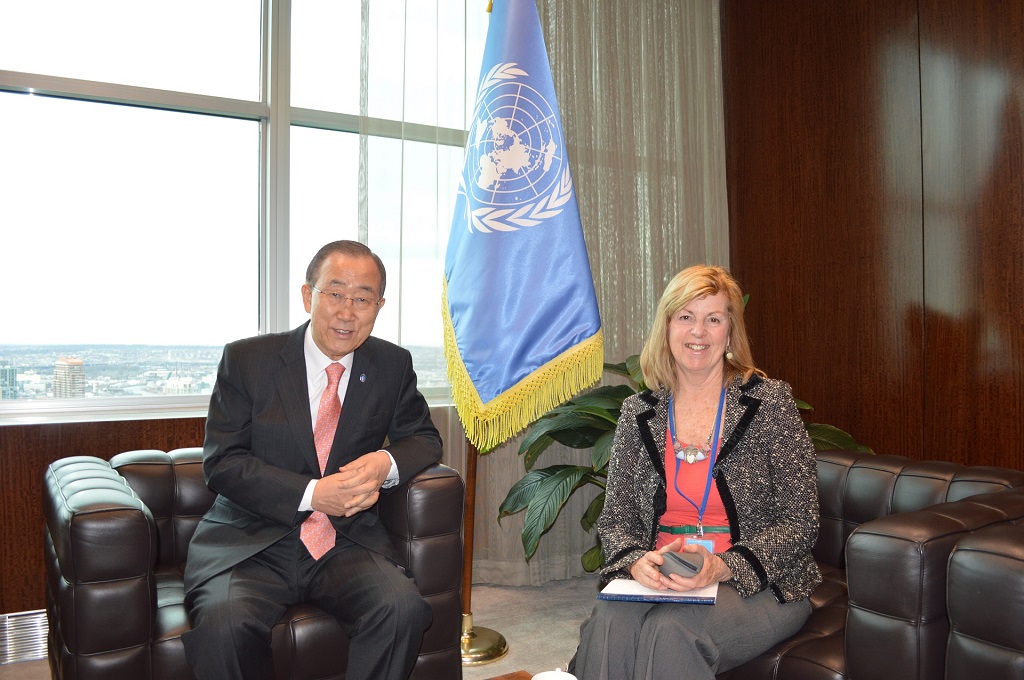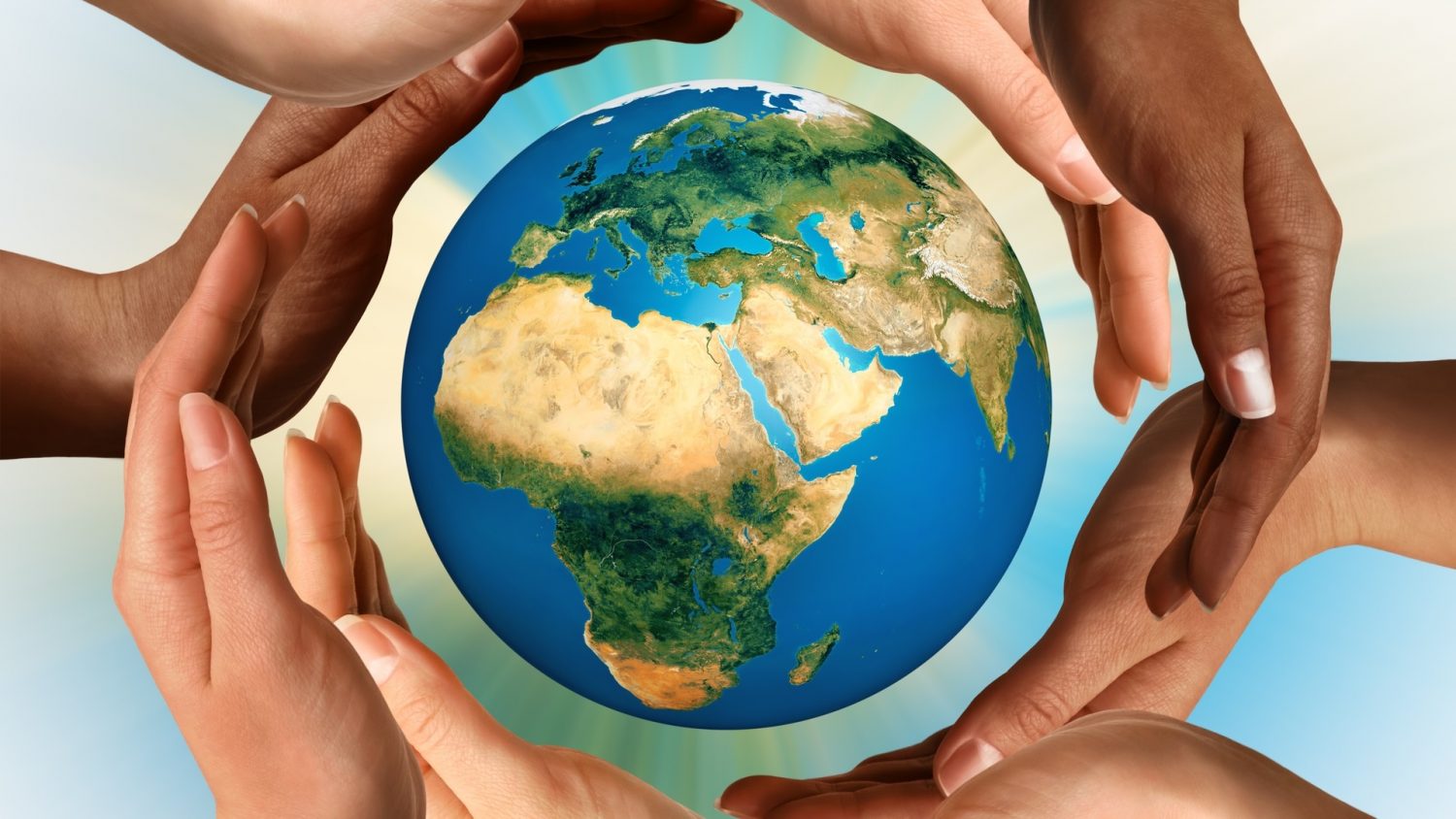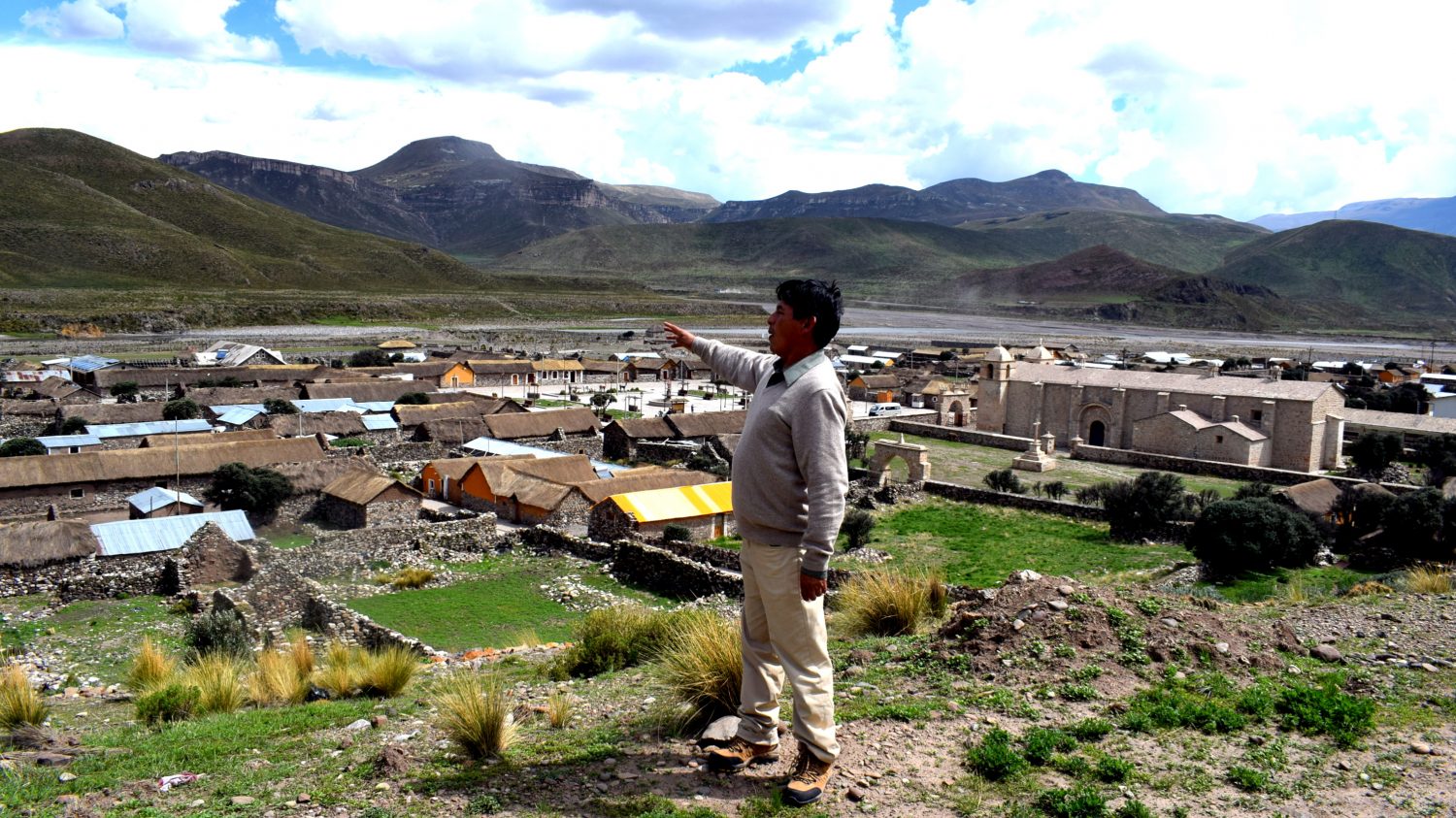Organizations
Addressing the Animal Origins of Infectious Diseases
"We’ve found over the past few years that about 70 percent of new and reemerging infectious diseases have an animal origin. We have found that these diseases are spilling over into humans, and we think a lot of that has to do with humans encroaching more and more into animal spaces."
Economic Empowerment is a Civil Right
"Operation HOPE is the first nonprofit banker in the United States. Our programs serve as a model for economic empowerment that have been acknowledged by President Bill Clinton, Oprah, the United States government, and other leaders and partners around the world. "
The Impact of Private Funding and Research on Lupus
"In the lupus community, we’re all driven by the same goal - improving the lives of people with lupus - but there are silos. The culture of research and collaboration around drug development and working with industry doesn’t yet fully exist."
Bridging the Gaps Between Intentions and Outcomes
"Structures are the organizing components of how you’ll work together. Without a structure, you have people doing things, but cohesion is missing. This makes it hard to prototype and move forward from failure or to the next success. Without a structure, the odds are high that you’ll be unable to do what you said you would do."
Combating Tropical Diseases and Poverty in Nicaragua
"Tropical diseases and conditions in the area are especially dire for the local people given the level of poverty in the area. Nicaragua is the second most impoverished area in the western hemisphere, and according to the World Health Organization, only 6.3% of Nicaraguans have health insurance."
Spotlight on Public Health
"One important aspect of public health is the preparedness for emergency outbreaks of disease, which can happen anywhere at any time. Certainly, the recent outbreak of Ebola in West Africa is a devastating reminder. An often overlooked, but globally important set of communicable diseases are Neglected Tropical Diseases. By 2030, the SDG goal is to end the those epidemics, which saw one billion people or one-sixth of the world's population, seeking treatment in 2015."
Protecting Sumatra’s Largest Rainforest
"Gunung Leuser National Park is the largest intact rainforest in Sumatra. The forest has one of the most diverse ecologies in the southern hemisphere. It is home to four of the world’s most endangered species of animals—the Sumatran tiger, Sumatran rhinoceros, Sumatran elephant, and Sumatran orangutan—and provides a substantial amount of oxygen."
Institutional Memory at the United Nations
"One of my goals was to maintain an institutional memory for the UN because everything that’s going on in the world comes through the Secretary-General’s office. You might assume that much of this material has already been digitally captured through email or other sources, but it hasn’t."
Religion is the Neglected Part of Civil Society
"With billions of followers, record charitable donations, and unrivaled societal influence, religious society must make its way into the foreign policy community’s definition of civil society. By elevating the stature of religious engagement on the international level, the U.S. and the West will begin to see significant breakthroughs in traditionally anti-Western parts of the world and create opportunities that benefit national security, diplomacy, trade, and cooperation."
Delivering Education and Health to Alpaca Communities
"Perú was very different 8 years ago than it is now, so Quechua Benefit has grown. We started with a refuge for children begun by people from the U.S. Now we are an institution that works with municipalities and regional governments in educational issues and health campaigns. I think Quechua Benefit is growing and is consolidating as a major organization of support to the Peruvian families of the highlands."

